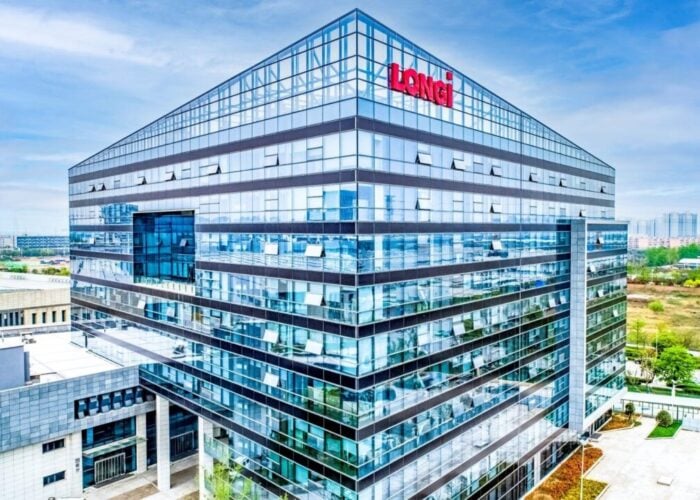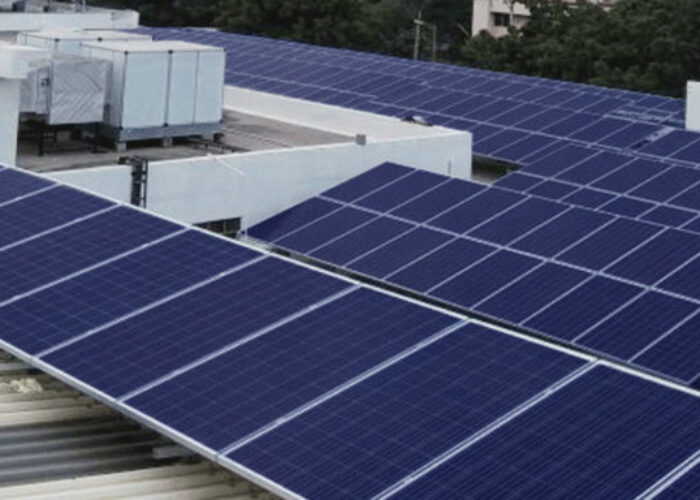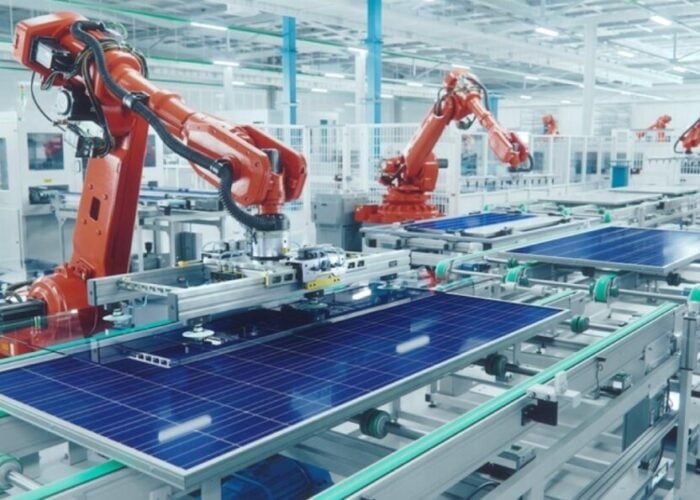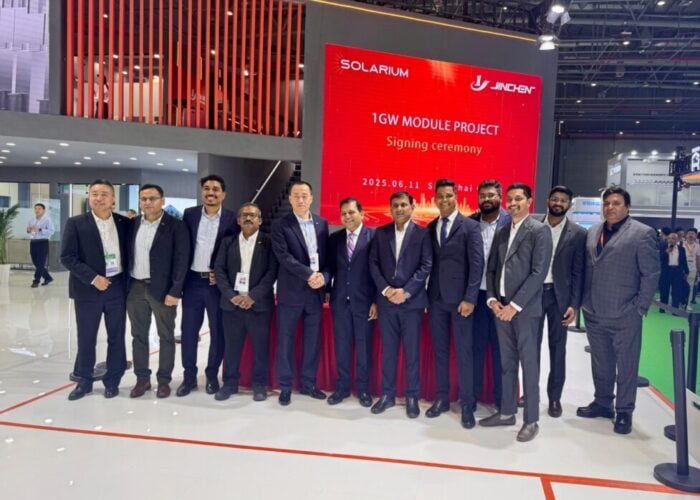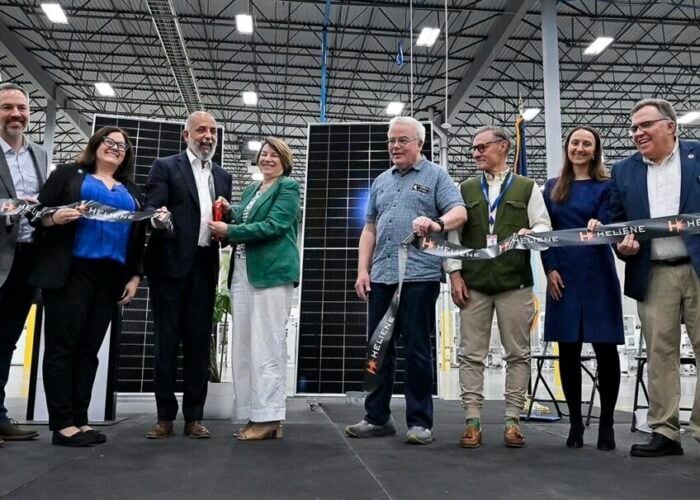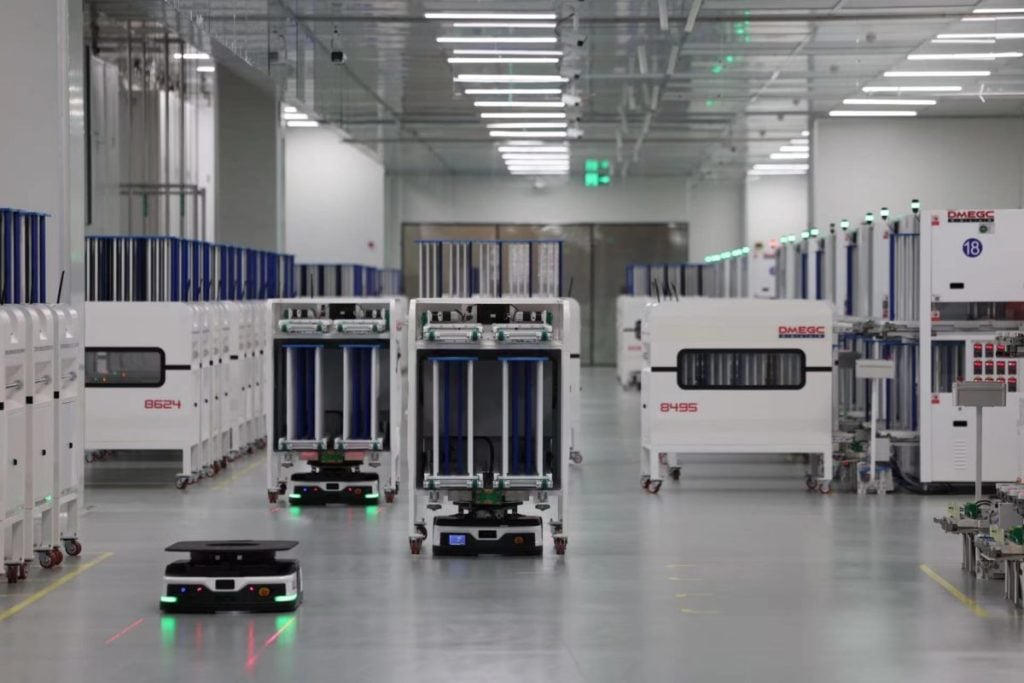
Chinese module manufacturer DMEGC Solar has obtained an extended stress tests certification issued by German quality assurance and testing group TÜV Rheinland.
The tests, covered under the IEC 63209-1:2021 standard, conducted on DMEGC Solar n-type modules include thermal cycling, damp heat, mechanical load, ultraviolet composite, and potential induced degradation (PID).
Unlock unlimited access for 12 whole months of distinctive global analysis
Photovoltaics International is now included.
- Regular insight and analysis of the industry’s biggest developments
- In-depth interviews with the industry’s leading figures
- Unlimited digital access to the PV Tech Power journal catalogue
- Unlimited digital access to the Photovoltaics International journal catalogue
- Access to more than 1,000 technical papers
- Discounts on Solar Media’s portfolio of events, in-person and virtual
The updated IEC 63209-1:2021 specifies the test methods and requirements for ground-mounted solar modules, including maximum power point tracking tests, performance tests, environmental adaptability tests, safety performance tests, and durability tests.
DMEGC Solar added that its n-type modules boasted a decay rate “much lower than the IEC’s 5% standard”. The decay rates under all basic and intensified test sequences such as were within 2%, with PID performance even lower than 0.6%.
TÜV Rheinland also announced that it will begin solar testing in the US by the end of this year.
Earlier this year, DMEGC Solar started commercial operations at its new Lianyungang manufacturing base in eastern China, which boasts an annual module production capacity of 5GW.
The plant is the company’s first to be built in the city of Lianyungang, and brings its total annual module production capacity to 12GW. The factory will primarily produce a new type of panel, a bifacial tunnel oxide passivated contact (TOPCon) module that boasts a maximum power output of 630W and a conversion efficiency of 22.54%.

